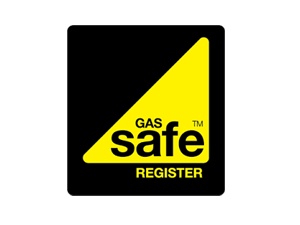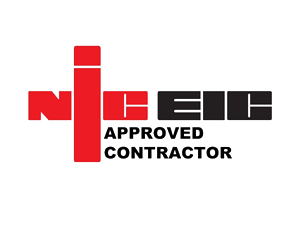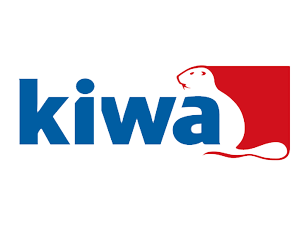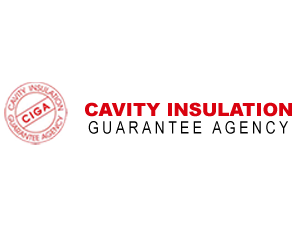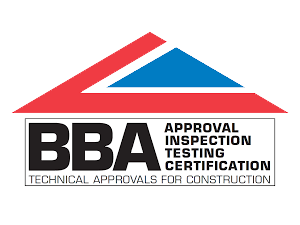Cavity Wall Insulation Grants
If you’re the recipient of one or more benefits, you may be eligible for Free Cavity Wall Insulation. Contact us now to start your application!
Apply In 60 Seconds
Fill in our online form if you think you qualify for a free energy grant.
Energy Survey
Our team will arrange an energy survey to assess if you’re applicable.
Installation
Our team will undertake the installation of your energy-saving measures.
Improved EPC
Your EPC rating will be improved, saving your money on your bills.
Apply In 60 Seconds
Fill in our online form if you think you qualify for a free energy grant.
Government Cavity Wall Insulation Grants
Renew Energies are specialists in attaining grants for free cavity wall insulation, boiler replacements, loft insulation & many more EC04 available grants.
Based in Cleveleys, we work throughout the North-West including Blackpool, Preston, Lancaster, Morecambe, Wigan, Southport & all surrounding areas of the North-West, Merseyside & Greater Manchester.
Many cavity walls can be insulated by injecting material into the cavity from the outside. We will drill holes in the outside walls, inject insulation through the holes and then fill it with cement. This procedure effectively cuts your heating bill down due to the reduction in escaping heat from the property.
Another great way to reduce heat loss is by having loft insulation installed in your home, this is another service we offer that has grants available.
If you would like to know more about cavity wall insulation or would like to book a slot for a survey/inspection, please don’t hesitate to get in touch with our expert team to book an appointment. Fill out our easy 3-step form, give our team a call at 01253 759900 or email us at info@renewenergiesltd.co.uk
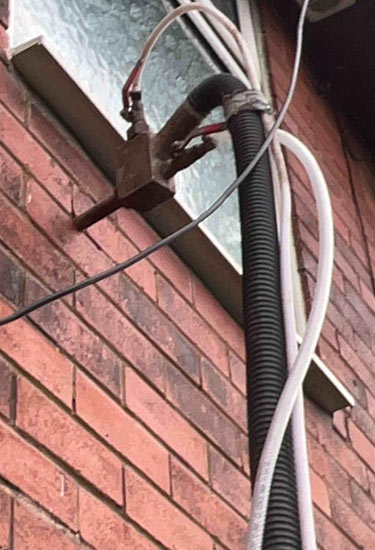
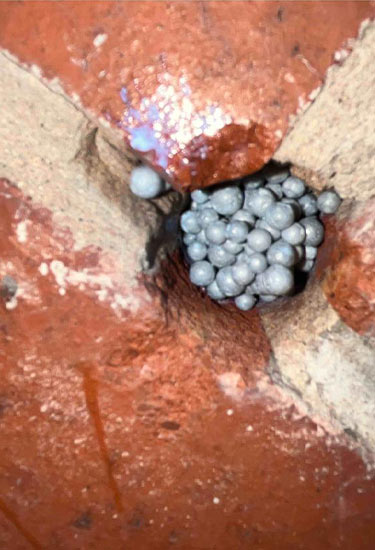
Who Can Qualify For Grants?
To find out if you are eligible for an ECO Energy Grant, you can enter your information to our application forms and one of our team will get back in touch with you as soon as possible.

For Over 60's
If you’re over 60 years old & receive working tax credits, you may be eligible for a FREE Cavity Wall Insulation through Renew Energies LTD.
Whether you are with or without pension credit, you may still qualify.

For Families
We aim to help as many families as possible, always wishing they have a warm home.
If you or anyone in your property receives any benefits or income support, you may be eligible for a FREE grant for Cavity Wall Insulation.
What is Cavity Wall Insulation?
Most cavity walls can be insulated by injecting insulation material into the cavity from outside the house. Small holes (around 22mm in size) will need to be drilled into the wall from the outside, the holes will be in one-meter intervals along the wall. Then insulation is injected into the holes filling the space in between the brick and the concrete. After the insulation has been injected into the property, the hole is then filled with cement. Our team will make sure that all the holes are filled properly, making sure that when the job is complete, the holes are barely visible. Popular materials are mineral wool or polystyrene beads; an alternate material is polyurethane foam.
The costs of cavity wall insulations mainly depend on the size of the property, but with Renew Energies, you could qualify for a free grant.
However, even if the house is a large 5-bedroom house or a two up two down in a cul-de-sac, you would be able to make the money you paid back in 5 years or less due to the money you will save on energy/heating bills.

What is the difference between cavity & sold walls?
A third of a household’s heat is lost through the walls if not insulated. We can insulate your cavity walls, saving you energy whilst cutting costs off your heating bill.
The majority of houses built from the 1990s onwards have wall insulation to keep the heat in, if your house is older, it may not have any wall insulation.
Houses in the UK mostly have either solid walls or cavity walls. If your house was built after the 1920s, it was likely built with cavity walls. Pre-1920 older houses are most likely to have solid walls.
A cavity wall is made up of two walls with a gap in between, known as the cavity. The outside wall is usually made of brick whilst the inner is often a concrete block. Another recognisable feature of a cavity wall is that the bricks will usually have an even pattern with them all being laid lengthways.
A solid wall is exactly that, a single solid wall usually made of brick or stone. An interesting feature of the solid walls is the bricks will have varying patterns. Some bricks will be laid across the wall so you can see the smaller ends from the outside.
What Are The Benefits Of Cavity Wall Insulation?
Cavity wall insulation involves filling the cavity between the inner and outer walls with a material which is designed to insulate your property. This insulation method offers a whole host of advantages, with the main being energy efficiency, alongside comfort, and cost effective. Some of the benefits include:
• Improved Energy Efficiency – Properly installed insulation helps to reduce heat escaping the house therefore increasing the need for further heating to be used in and around your house. During the hotter months of the year, insulation keeps your house cool. It also reduces your overall carbon footprint.
• Cost Savings – By reducing the need for heat and cooling systems, your energy bills will ultimately reduce as you won’t be needing to spend money on the systems.
• Increased Comfort – By insulating your walls, you can control the temperature of your home creating a more consistent, comfortable environment. This eliminates drafts and cold spots.
• Condensation Prevention – Wall insulation prevents condensation from forming. This will eliminate the chance of mold growth, and this can be a huge negative in relation to the air quality and the overall health of the residents.
• Reduced Carbon Footprint – With the energy need being reduced to heat/cool your home, his carbon emissions are ultimately reduced also.
• Enhanced Property Value – The overall value of your property can rise as a result of cavity wall insulation. Energy-efficient homes are always more appealing to potential buyers or tenants. This could also mean the price of your property in the real estate market will begin to raise.
• Sound Insulation – The layer of insulation can also provide a soundproof property. Reducing the external noise that enters the building and in turn it raises the amount of privacy.
• Government Incentives – With government grants available, never has there been a better time to consider a cavity wall insulation. These grants are with the aim to improve a broader energy efficient initiative.
Cavity Wall Insulation Frequently Asked Questions
When homes & buildings are built, they are made with two separate thin bricked walls that leave a “cavity” between the two sections of brickwork.
The downside is that heat can escape through the cavity in your home, reducing the property’s temperature. This requires you to heat the property longer to keep it at an ideal temperature.
Cavity wall insulation is a form of insulation injected into the cavity of your property. This insulation helps reduce heat loss from your property, meaning heat holds better in the home, which offers less requirement for as much heating.
This is a fantastic way to reduce your energy bills and carbon footprint.
You can receive free cavity wall insulation if you meet the required criteria. The UK’s largest energy providers are obligated to reduce their carbon footprints & provide grants for individuals.
In most cases, if you meet the criteria, you could be eligible for FREE cavity wall insulation, but there are instances where you may be required to pay the insulation cost. This depends on your EPC rating, property size, and other factors.
You can find out if you’re eligible for FREE cavity wall insulation by filling in our online contact form.
Most properties built after the 1930s have a cavity wall, but if you need more clarification, you can speak to our team, who will help see if you’re eligible for a free cavity wall insulation grant.
Yes. The main benefit of cavity wall insulation is that it reduces heat transfer between the cavity. It’s shown that cavity wall insulation can reduce heat loss by 30%, which shows significant reductions in energy & heating bills.
Firstly, we need to make sure you’re eligible for a grant. You can do this by submitting your information through our online form, and our energy experts will undertake a full assessment of your property and circumstances to see which government grants are available to you.
Once this has been done, our team can install your insulation, which typically takes 1-2 days from start to finish.
A few things might mean you’re not eligible for a FREE cavity wall insulation grant. Firstly, you must receive one of the required benefits & fit the criteria outlined by the government.
You will not be able to have cavity wall insulation installed if:
- Your property was built before 1924 or after 2005.
- The walls have already been insulation
- You live in a flat and do not have the agreement of neighbours above and below.
- The property has signs of damp
- Ventilation is inadequate, or a vent cannot be fit to the property.
Several alternative grants are available for properties that can help you reduce your energy bills. These include loft insulation, underfloor insulation, boiler replacements & air source heat pumps.
Some Of Our Accreditations

